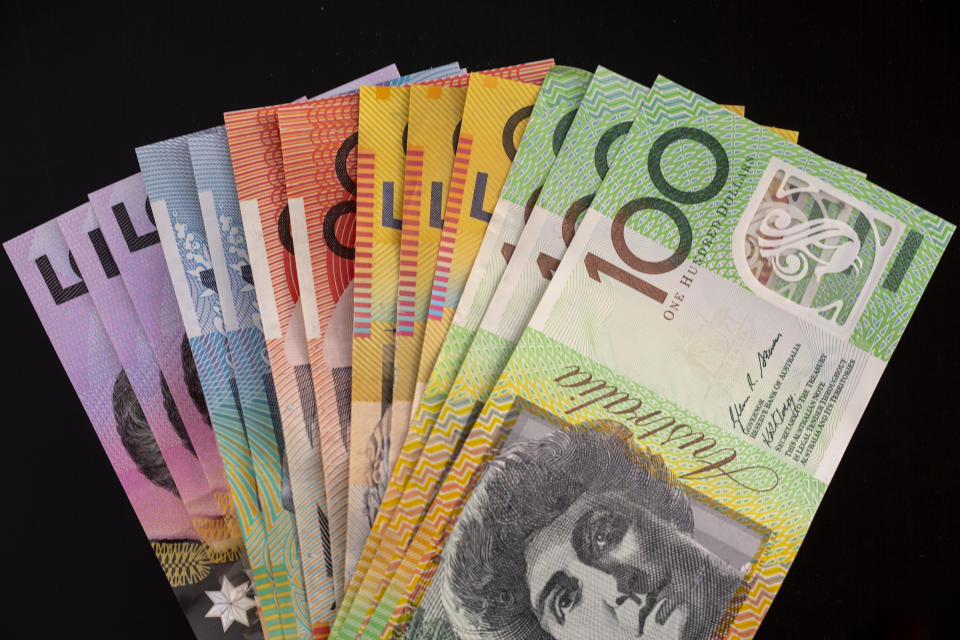NSW communities set to receive $1,500 payments

New South Wales and South Australian residents who work in Victoria will now be eligible for $1,500 pandemic leave payments, as the country works to contain the coronavirus spike in Victoria.
Prime Minister Scott Morrison said the payments are designed to ensure that those who work in Victoria but live elsewhere are not left behind.
Additionally, Victorians who were required to self-isolate from 5 July will also be able to claim the sum retrospectively, to help those who may have already suffered a financial impediment.
The payment is open to those who are required to stay home from work as directed by health officials and who have already used up all of their sick leave entitlements or who don’t have them. Workers who receive JobKeeper or other income support aren’t eligible for the payments.
Parents and guardians who are required to care for a child 16 or under who has tested positive or is at risk may also be eligible.
How to claim
Australians can make the claim by calling 180 22 66.
Friday’s announcement comes after South Australia, Tasmania, Victoria and Queensland introduced similar policies.

 Yahoo Finance
Yahoo Finance 